Read Part 1 of Ioannis Savva’s Interview
…While running all these projects, we also conduct consulting work that pops up along the way. This include bi-annual environmental monitoring surveys in aquaculture units, environmental baseline surveys, biodiversity assessments and habitat mapping in areas that are targeted for coastal development or coastal works.
I’m also a member of an environmental NGO (Ecological Movement Cyprus); together we have been carrying out beach clean-ups and beach litter assessments in Cyprus every summer since 2014 on a voluntary basis. We are now considering expanding our work on the sea bottom using scuba equipment.
What does a typical day look like as a marine biologist?
I don’t think I have a typical day at work. One day I may be in the office doing administrative, managerial, planning, and desk work.
While on a different day, I may be in the field collecting data, or in the laboratory processing samples. This is why I love my job, because of this variation in my working routine. It’s less monotonous and keeps the thrill ongoing.
Nonetheless, you’d be surprised to know that a typical day at work for a marine biologist is probably desk work, and not underwater, as most people would imagine!
How often do you get into the water as a marine biologist?
It really depends on where you work and what kind of projects you are involved into. As I mentioned earlier, it is more likely for a marine biologist to be spending more time doing desk work rather than in the field. Personally, I am in the water on a monthly basis, and the frequency for each month really varies. There have been periods that I haven’t been in the water for several months in a row.
Are you a scuba diver or freediver or both?
I am a certified Scuba Diver and I love snorkeling as well as duck diving, which I can’t really call this as freediving. I own an Open Water (PADI) Diving certification, Advanced (SSI) Diving certification, and GUE (Global Underwater Explorers) Fundamentals Diving certification.
I have about 250 logged dives and I dive mostly in Cyprus, where I work. I also dived in Greece, Portugal, France, Spain, Red Sea – Eilat, and Western Australia – Perth and Shark Bay. My deepest dive was at a depth of 35m.
I started diving lessons in 2012, and for about 5 years I would go for diving approximately 6 times per year. When I got employed in 2017, my diving rate increased exponentially, and my diving experience shifted completely from recreational diving to scientific diving.
In my early recreational diving days, I remember going in the water with just my scuba gear and basically observe everything around me.Whereas nowadays, I dive with a bunch of extra equipment with the sole purpose of executing a single task, observe a little bit around and then ascend.
Undoubtedly scuba diving is currently incorporated in my working routine as if someone would go to the gym on a regular basis. Every dive though, provides a unique experience, because the water conditions, the diving site, the depth, and the marine life you encounter are different each time. Even when I come across with megafauna quite frequently (e.g. sea turtles), each time is special as their behavior towards you differs.
What is the coolest experience you have had as a marine biologist?
This is an easy one. I would never forget the day I encountered two fin whales in close proximity to our boat. The size, the beauty, and the elegance of such a gigantic animal is just indescribable. It was simply majestic. I was living the moment as if nothing else mattered.
How much can marine biologists make?
The salary greatly varies depending on the location, where you work (public vs. private sector), your experience, skills and position. To my knowledge, a basic salary at an early career could range as low as 12-16k euros per year, despite the risks and hazards of the occupation. I am sure online resources will largely disagree with me, but I believe most of these are averages taken by a small sample coming from academic and governmental institutions.

Is marine biology a competitive industry? What advice would you give to someone who is interested in pursuing marine biology?
Marine biology is a very competitive industry and in a low demand. Sometimes, being a marine biologist is not enough. Marine biology is still a broad field, and it is common for the industry to ask for expertise on very specific sub-categories (e.g. Fisheries, marine restoration, taxonomy, genetics, etc.). This is why a lot of marine biologists would apply for a master’s degree or even a PhD.
Read More: What is a Maritime Archaeologist?
Unfortunately, it is not an easy path, and most employers would like to see that you have some working experience to back up your passion as well as to provide it as a proof that you are the right candidate and ready to handle the tough nature of a working environment. This is often succeeded by taking placement years and lots of volunteering work. Like many others, I followed the very same steps but not for the sole purpose of progressing to paid employment. I did these because I loved what I was doing. Eventually your value will be recognized.

What is the most enjoyable thing about your job?
So many options. I love unexpected surprises in the field e.g. dolphin sightings. But most importantly, is the fantastic prevailing team spirit. At MER Lab we are all team members, we neither have hierarchy, nor we divide ourselves as employees and employer. We are all equals; we share ideas, and everyone has an opinion to express. Your working environment is very important, and it should not make you feel unwelcomed.
What is the worst thing about your job?
As a marine conservationist, it breaks my heart to see the marine environment being degraded by human activities. Whenever I am involved with environmental impact assessments (EIAs) relevant to coastal development, it gives me the impression that I take part in the environmental destruction process.
No matter how damaging coastal works can be on the marine environment (as proved by an EIA), it is quite common for a big developmental plan (e.g. marine construction) to successfully progress towards the construction phase after being accepted by the local authorities. This is happening quite often because the benefits on the economy outweigh the damage that will be superimposed on the environment. Even though we try our best to mitigate the impacts of the proposed coastal works by suggesting the best available practices, there will be always some level of damage. Knowing I was involved in such a project makes me feel guilty, despite my good intentions.
What other jobs are there for marine biologists?
As I mentioned before, the work of a marine biologist is not solely related to research and academia. A marine biologist can certainly fit into education, environmental policy, environmental consulting, conservation, environmental NGOs, eco-tourism, other marine related industries (e.g. mariculture), laboratories, and the list keeps going.
Find out how to become a Citizen Scientist!
What is next for you in your career? Where do you see yourself in the future?
I am really satisfied and happy where I stand now. I don’t have any long-term future plans. I always aim for short-term goals, whether these are new projects, new collaborations, sharing/disseminating my research or even self-development on relevant subjects. These are the little things in life that please me and give me an extra reason to keep on going with this career.
Ioannis Savva is also known as Yianni Cetus on social media. Follow his research and work on Instagram. He also posts cute photos of his dog!

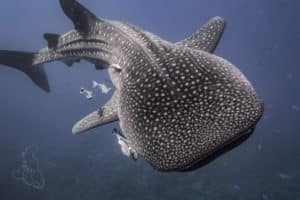

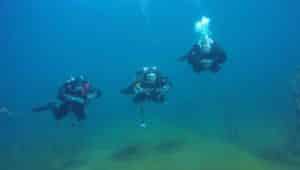
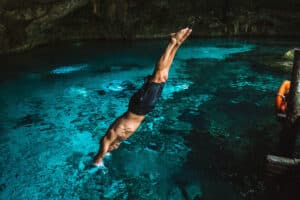
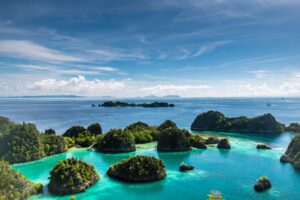
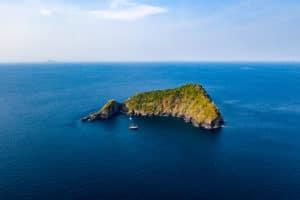
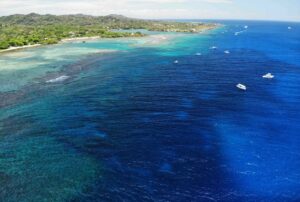
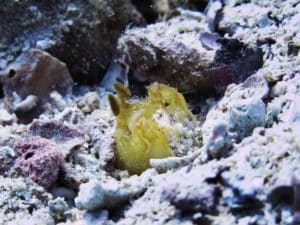

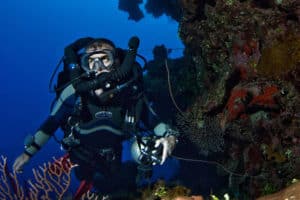
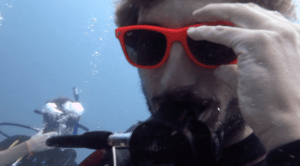
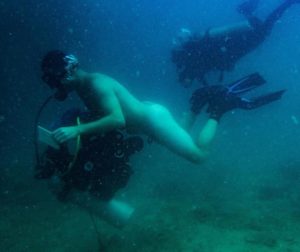
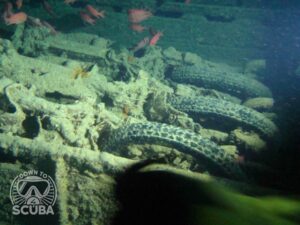
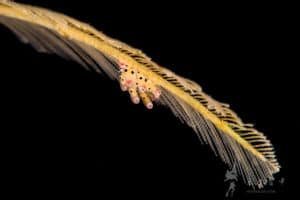

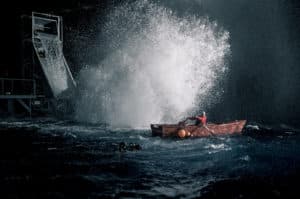
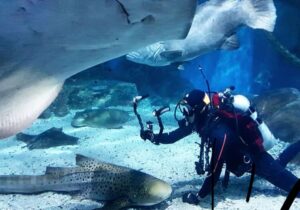
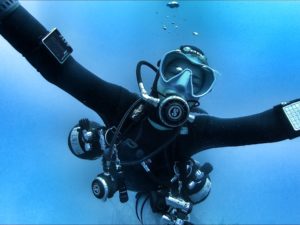
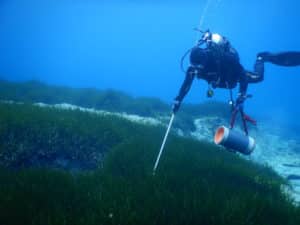
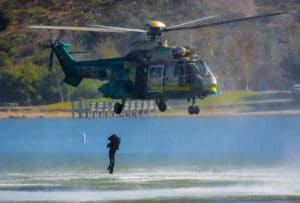
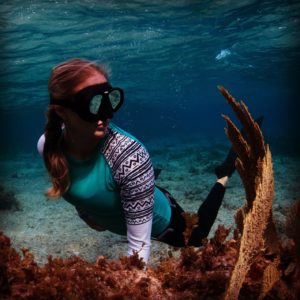

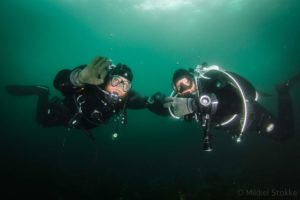

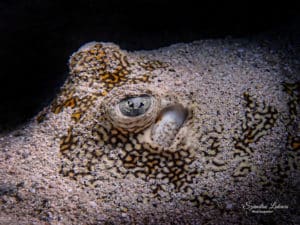
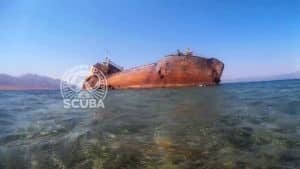
Leave a Reply
You must be logged in to post a comment.